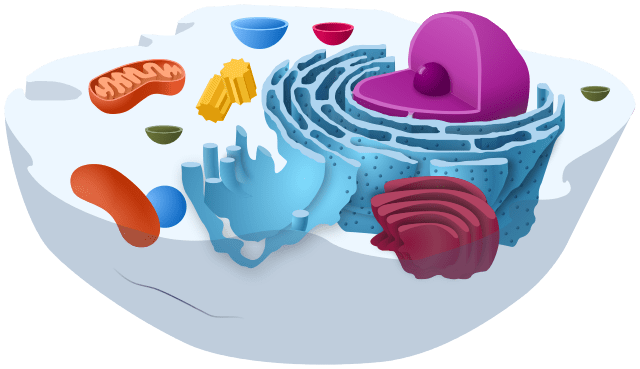The other day, when discussing Mark Solms' book, I noted that he is working to create an artificial consciousness, but that he emphasizes that he isn't aiming for intelligence, just the conscious part, as though consciousness and intelligence are unrelated. This seems to fit with his affect centered theory of consciousness, and it matches a … Continue reading Consciousness and intelligence
Tag: Intelligence
The beginnings of purpose
Michael Levin and Daniel Dennett have an interesting article up at Aeon, on the right way to talk about purpose and cognition in biology, particularly in simple organisms and lower level mechanisms. The core thesis is that an organism, at any level, all the way down to a single cell, is an agent, with its … Continue reading The beginnings of purpose
Kurzgesagt on intelligence, and prospects for engineered intelligence
It's pretty nice to see Kurzgesagt finally continuing its "Big Questions of Life and the Universe" series. I shared the first part on consciousness over a year go. The series is funded by the Templeton Foundation, which I know many people have issues with, but so far the content has been reasonably scientific. https://www.youtube.com/watch?v=ck4RGeoHFko As … Continue reading Kurzgesagt on intelligence, and prospects for engineered intelligence
To perceive is to predict
Daniel Yon has an interesting piece at Aeon on how our brains predict the outcomes of our actions, shaping reality into what we expect, and why we see what we believe, rather than the other way around. This idea is part of a growing sentiment in the cognitive science community that prediction is at the … Continue reading To perceive is to predict
The power of symbolic thought
One of the things I've pondered a few times on this blog is our ability to recognize another intelligence, such as an extraterrestrial intelligence. On the face of it, this seems straightforward. Do they form societies, use technology, manipulate their environment, and overall show signs of intelligence? Except an alien intelligence may be so different from … Continue reading The power of symbolic thought
SMBC: Do ethics actually exist?
This is just too close to some of our recent discussions for me not to call attention to it. As usual, Weiner knocks it out of the park. (Click through for hovertext and red button caption.) via: Saturday Morning Breakfast Cereal
SMBC: Chinese room
I love this SMBC on the Chinese room thought experiment. Click through for full sized version and the red caption button. Source: Saturday Morning Breakfast Cereal My regular readers know I'm not a big fan of the Chinese room thought experiment. I think it only confirms whatever intuitions you already have. If you think intelligence … Continue reading SMBC: Chinese room
SMBC: Surpassing the Turing test in order to assess moral standing
Click through to see the full sized version. via Saturday Morning Breakfast Cereal.
Intelligent Crows Flunk Causality Test But Babies Pass
You drop a block onto a box, and a toy pops out. If a baby was watching you, she could deduce that your action caused the happy arrival of the toy, because she understands cause and effect. She’d also realise that she could trigger the same event by placing a block on the box herself, … Continue reading Intelligent Crows Flunk Causality Test But Babies Pass
What does the Turing Test really mean?
The Turing Test is in the news this week, first with a wave of hype about a historical accomplishment, then with a secondary wave of skeptical scrutiny. The Turing Test was originally contemplated by Alan Turing in a 1950 paper. Turing envisaged it as an alternative to trying to determine if a machine could think. … Continue reading What does the Turing Test really mean?

